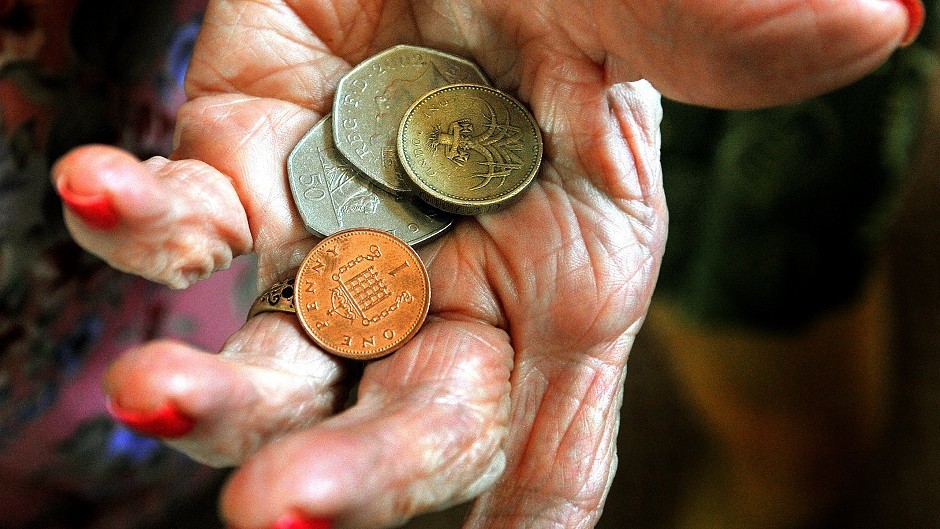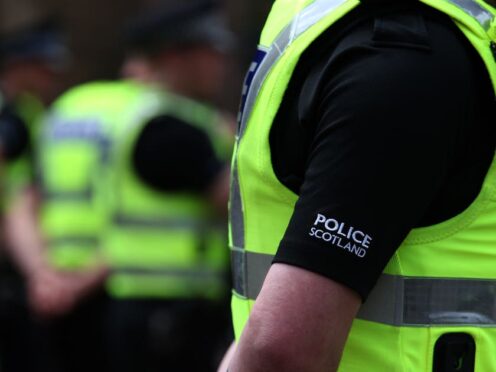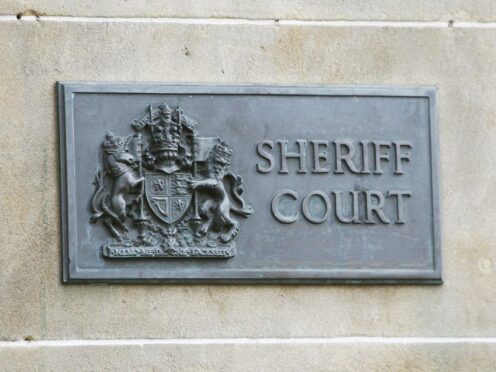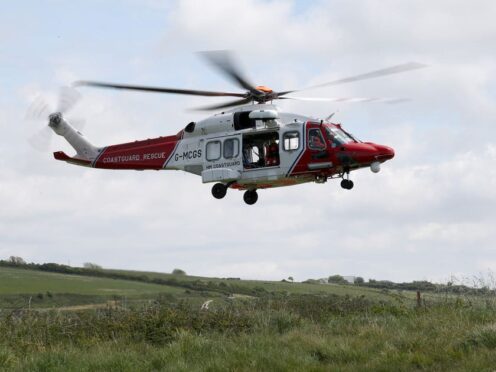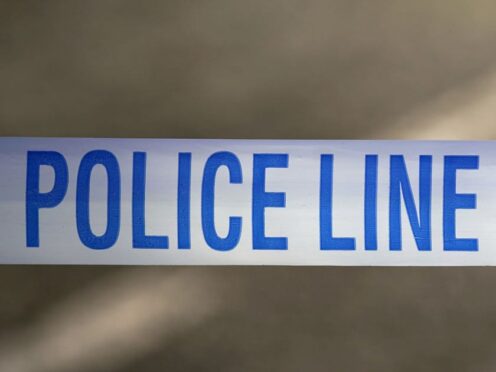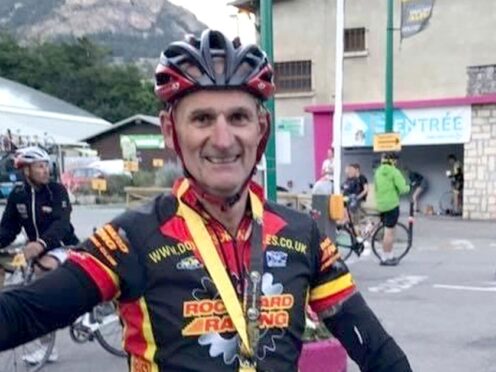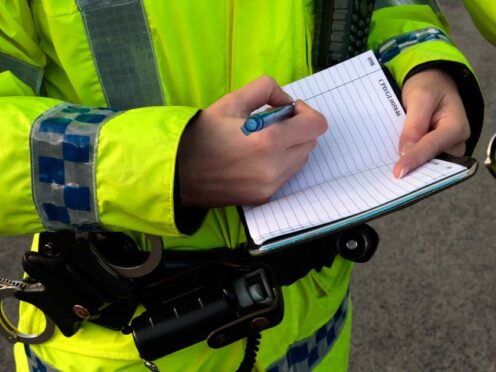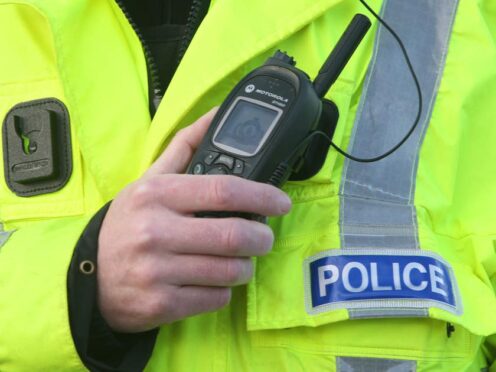New figures have revealed children and families across the north and north-east are still feeling the sting of global inequality.
Oxfam has released statistics which show that one in five children in Aberdeen live below the bread line.
The charity’s research also shows there is a postcode lottery when it comes to inequality, with 23% of youngster living poor in the Aberdeen South constituency, compared with 15% in Aberdeen North.
And the study also reveals that poverty is not confined to urban areas, with 23% of youngsters affected in Caithness, Sutherland and Easter Ross in the Highlands.
The new figures have been published just days after Oxfam released a report which revealed the shock statistic that eight billionaires now have the same amount of wealth as the poorest half of the world’s population.
The charity has said that, while poverty is an issue which needs addressed across the world, action is needed closer to home as well.
Writing for the Press and Journal, Katherine Trebeck, a senior researcher for the charity, said: “Oxfam cares about extreme inequality because our work across the world and a growing body of research evidence show that it is a barrier to reducing poverty.
“While it is good news that the number of people living in extreme poverty has decreased in recent decades, about 700 million more people could have escaped extreme poverty if action had been taken to reduce the gap between rich and poor.
“The extreme economic inequality challenge is global, but action to tackle it is needed at national and local level too.”
Ms Trebek has praised the Scottish Government’s decision to appoint a poverty and inequality adviser, the introduction of a living wage and the commitment to a new poverty and inequality commission.
But, she says there is still significant work to be done to tackle inequality in the country.
“Scotland is awake to the challenges of inequality and poverty – but it’s still hiding under the covers,” she added.
“We urgently need action that will allow us to move towards a new type of economy, a more human economy that truly serves the interests of all of us and not just the wealthy elite.”
